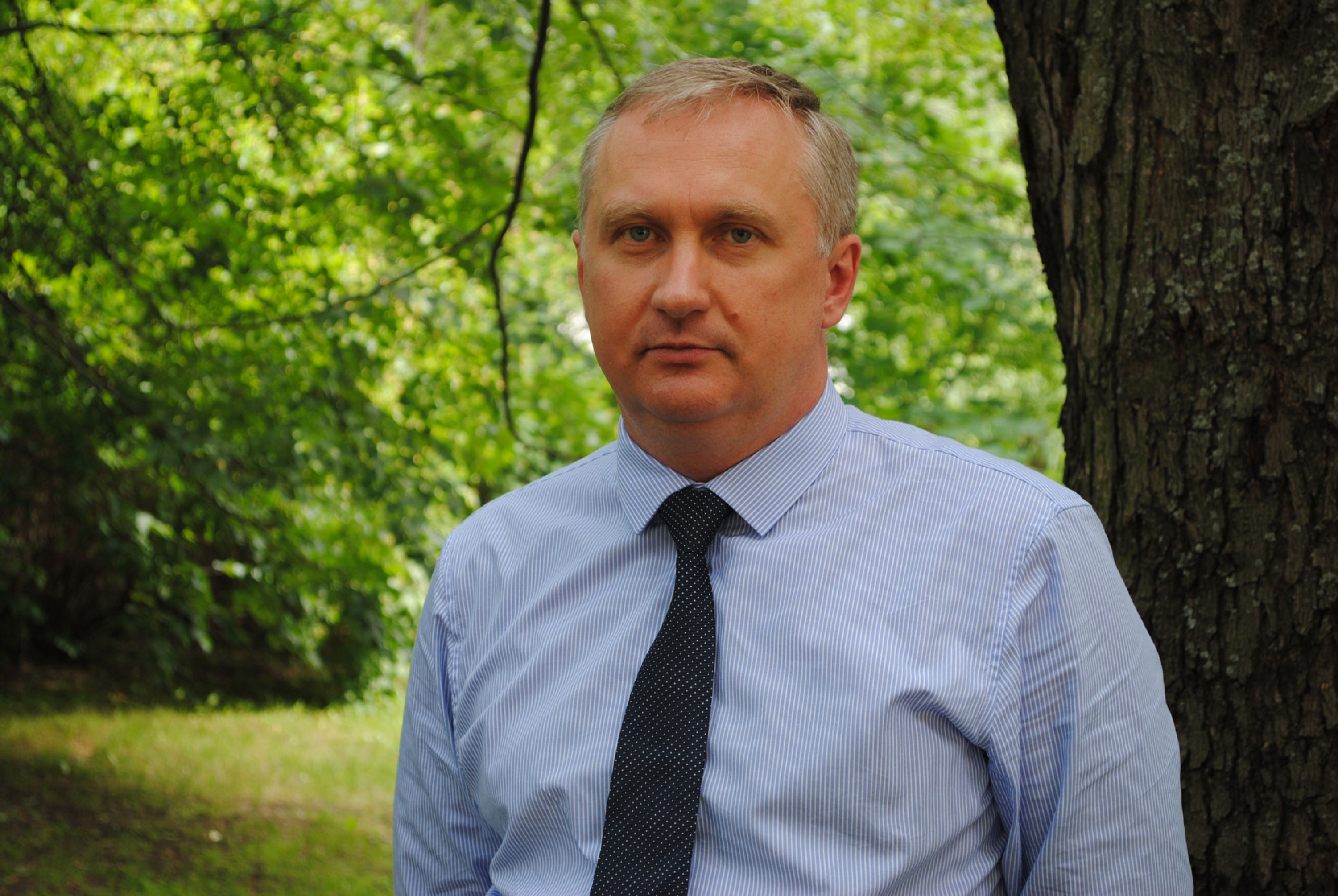1863x.com extremism case breach of right to fair trial, Viasna expert says
On August 25, the Court of Minsk’s Centraĺny district said that the 1863x.com website contained extremist publications, a fact that paves way to the criminal conviction of its founder, Eduard Palchys, who is currently awaiting trial in a jail in Žodzina.
The court hearing was held behind closed doors, which, along with other violations, overshadows the ruling as falling short of fair trial standards, according to Pavel Sapelka, lawyer of the Human Rights Center "Viasna".
“The court met the request of a representative of the Investigative Committee to hear the case in a closed session, which was reportedly aimed at preventing the disclosure of information contained in the psycho-linguistic examination. This means a ban on the disclosure of information announced in the courtroom, including by Palchys’s defense lawyers,” says the human rights activist.
Pavel Sapelka recalls that under Article 14 of the International Covenant on Civil and Political Rights, the right to equality before the courts and tribunals and the right to a fair trial are a key element of human rights protection and serves as a procedural means to safeguard the rule of law. Article 14 of the Covenant aims at ensuring the proper administration of justice and to this end guarantees a series of specific rights:
“In the determination of any criminal charge against him, or of his rights and obligations in a suit at law, everyone shall be entitled to a fair and public hearing by a competent, independent and impartial tribunal established by law. The press and the public may be excluded from all or part of a trial for reasons of morals, public order (ordre public) or national security in a democratic society, or when the interest of the private lives of the parties so requires, or to the extent strictly necessary in the opinion of the court in special circumstances where publicity would prejudice the interests of justice; but any judgement rendered in a criminal case or in a suit at law shall be made public.”
The Civil Procedure Code has entrenched a norm, according to which the consideration of civil cases in all courts shall be open, except in order to protect information constituting state secrets or other secrets protected by law.
The list of such classified information is contained in the relevant laws.
The laws restrict the dissemination (this restriction is taken into account by the Civil Procedure Code) of information constituting commercial, professional, banking and other secrets protected by law.
The information contained in cases of administrative and criminal offenses constitute a separate category of restricted data. It was the disclosure of the latter category of information that the Investigative Committee’s request aimed to prevent.
However, this limitation is not directly provided by the Civil Procedure Code and cannot be the basis for a closed court session,” he emphasizes the human rights activist.
Pavel Sapelka stresses the fact that the Criminal Procedure Code also prohibits the disclosure of the same category of information, state secrets and other secrets protected by law, which in practice does not interfere with holding open hearings in the vast majority of criminal cases.
“Once it has entered into force, the court’s decision in a civil case is binding for the body in charge of criminal proceedings when deciding on the question of whether a socially dangerous act under criminal law has been committed. This may mean that the key issue of extremist publications allegedly posted on the 1863h.com website has already been established by the court without due procedural guarantees.
The current judicial practice of criminal proceedings being based on prejudicial rulings taken in civil proceedings and the vague list of reasons for holding a closed hearing, thus creating limitless possibilities for derogation from the right to a public hearing, violates the rights of to a fair trial,” concludes Viasna expert.


















